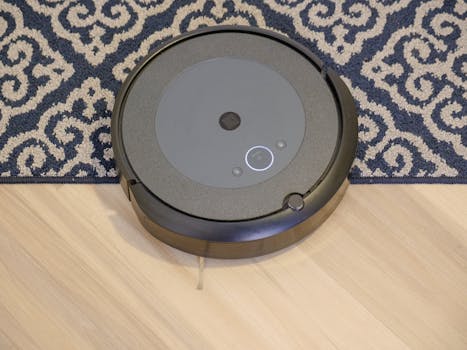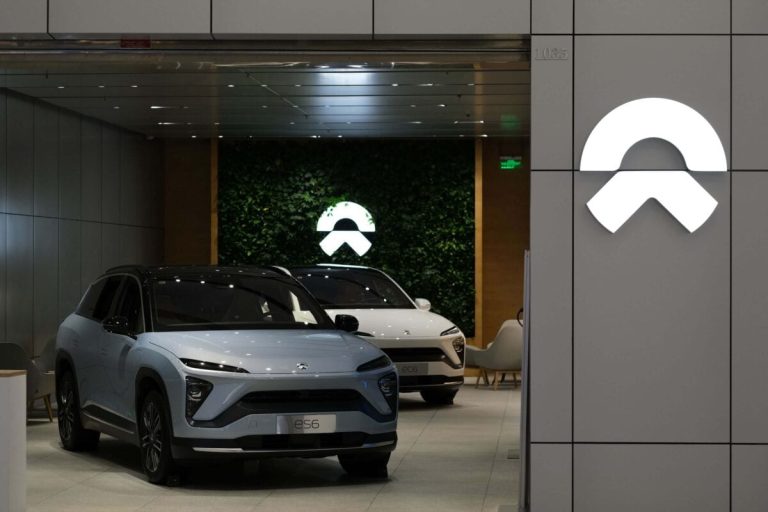
Smart Homes and Smart Living: The Technological Transformation of European Homes by 2025
Smart Homes and Smart Living are revolutionizing the way people live and interact with their living spaces. The integration of smart technologies, such as home automation, IoT devices, and artificial intelligence, is transforming the European home into a hub of innovation and convenience.
Introduction to Smart Homes
A smart home is a residence that is equipped with advanced technologies, such as sensors, automated systems, and IoT devices, which enable homeowners to control and monitor various aspects of their home remotely. This includes lighting, temperature, security, and entertainment systems, among others. Smart homes are designed to provide a more comfortable, convenient, and sustainable living experience for their occupants.
Technological Advancements in Smart Homes
The technological transformation of European homes is being driven by several key factors, including the increasing availability of high-speed internet, the proliferation of IoT devices, and the development of artificial intelligence and machine learning algorithms. These advancements have enabled the creation of sophisticated home automation systems, which can learn and adapt to the habits and preferences of homeowners.
Benefits of Smart Homes
The benefits of smart homes are numerous and significant. They include increased energy efficiency, enhanced security, improved convenience, and a more personalized living experience. Smart homes can also provide occupants with real-time monitoring and control over various aspects of their home, allowing them to optimize their energy consumption, detect potential security threats, and receive personalized recommendations for entertainment and leisure activities.
Challenges and Limitations of Smart Homes
Despite the many benefits of smart homes, there are also several challenges and limitations that need to be addressed. These include concerns about data privacy and security, the potential for technological failures and glitches, and the need for ongoing maintenance and updates. Additionally, the high upfront costs of smart home technologies can be a barrier to adoption for many homeowners.
Future of Smart Homes in Europe
By 2025, the European home is expected to undergo a significant transformation, with the widespread adoption of smart technologies and the integration of artificial intelligence and machine learning algorithms. This will enable homes to become even more personalized, convenient, and sustainable, with occupants enjoying a seamless and intuitive living experience.






